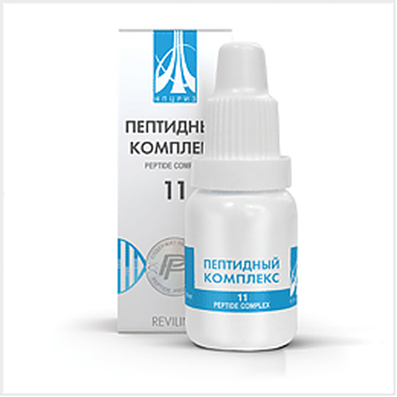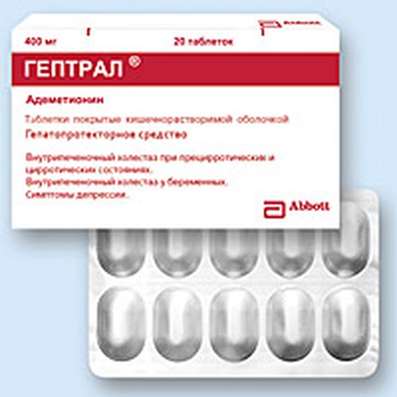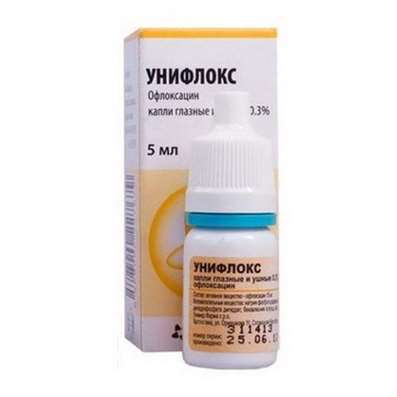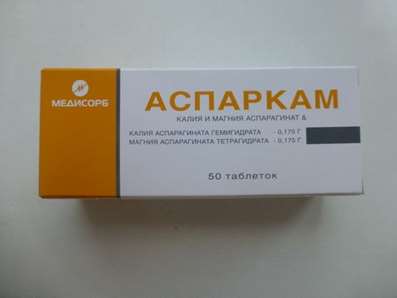Why is meldonium considered a performance enhancing drug?
21 Jun 2017
The Latvian Institute of Organic Synthesis developed Meldonium (Mildronate; 3-(2,2,2-trimethylhydrazinium_proprionate) in the late 1970s to promote growth in animals.

A potent metabolic modulator, clinical studies showed Meldonium/Mildronate is anti-ischemic with effects ranging from cardioprotection, anti-atherosclerosis and anti-diabetes (2, 3). According to Sjakste and Kalvinsh, Meldonium/Mildronate is 'officially recommended for treatment of acute and chronic ischemic disorders of brain circulation in Latvia, Russia, Ukraine, Georgia, Kazakhstan, Azerbaijan, Byelorussia, Uzbekistan, Moldova and Kyrgyzstan'. A carnitine analog, it modulates its metabolism. Essential for the cell's energy metabolism, carnitine is the key molecule involved in mitochondrial fatty acid metabolism and as such has a potent effect on fatty acid beta-oxidation and glycolysis in the myocardium, the heart muscle.
As far as sports use is concerned, effect of Meldonium/Mildronate on human physiology is similar to that of the prohibited Trimetazidine, as both potently inhibit beta-oxidation of free fatty acids, and thus strongly influence cardiac metabolism.
A recent review About Meldonium buy states 'In dubious online shops, the performance-enhancing effects of Mildronate are advertised overtly'. In sports, taken at 0.25 to 1 gram twice a day for 2 to 3 weeks during training and for 10 to 14 days before competition, Meldonium/Mildronate showed increase in athletes' endurance metabolism, post-exercise rehabilitation and improvement in CNS function. These results were published in obscure journals not indexed by PubMed. It may also improve mood, and learning and memory performance.
Though it was only in Jan 2016 that WADA (the World Anti-Doping Agency) placed it on its Prohibited List, Meldonium/Mildronate was already on its radar since January 2015 when it short-listed it for its Monitoring Program to assess its prevalence and misuse in sports. In practical terms, the one year period was meant for developing methods capable of reliably measuring it to confirm its presence/absence in human urine. So at best it's disingenuous and at worst downright dissembling for Maria Sharapova and her team to pretend they were just unaware it was now a banned substance. From Jan 2015 they had more than enough time to find out. In addition, the Guardian reports,
'makes the negligence at the crux of Sharapova’s story – that she received an email in December with a link detailing the updated banned substance list for 2016 but no one in her cadre of agents, coaches, managers and personal trainers apparently clicked it – so difficult to accept. It doesn’t help that other athletes have been caught after testing positive for the same substance over the past month, among them Ekaterina Bobrova and middle-distance runner Abeba Aregawi. Or that Russia’s anti-doping federation warned all Russian athletes of the new list back in September'
According to the Guardian newspaper, 'The Latvian company that manufactures meldonium says the normal course of treatment for the drug is four to six weeks – not the 10 years that Maria Sharapova says she used the substance'.
'Sharapova says she has been taking the drug for 10 years after she was regularly falling ill. She had a magnesium deficiency and family history of diabetes'.
There seem to be no peer-reviewed scientific studies supporting Meldonium/Mildronate Rx for magnesium deficiency or as prophylactic for a non-diabetic with a family history of diabetes.
From what I understand, Meldonium is primarily used to treat various forms of heart disease - angina, heart attacks (myocardial infarctions) and the like.
Clinical trials in 2007 demonstrated that in combination with Lisinopril, Meldonium could be used to treat chronic heart failure by increasing peripheral circulation of blood. It significantly improves exercise capacity of a person. There has also been research showing that it improves Central Nervous System functions.
Mildronate (Meldonium) in professional sports - is the paper that described the "anti-ischemic drug" as one that could perhaps demonstrate "an increase in endurance performance of athletes, improved rehabilitation after exercise, protection against stress, and enhanced activations of central nervous system (CNS) functions."
Which is where the doping bit comes in.
So, you have a drug which increases your physical endurance and capacity to exercise - that is, it will enhance your performance.
So, if it does have the same effect on humans, it will significantly improve performance as well.
Lastly, it stimulates the CNS which would also help to enhance performance.

 Cart
Cart





